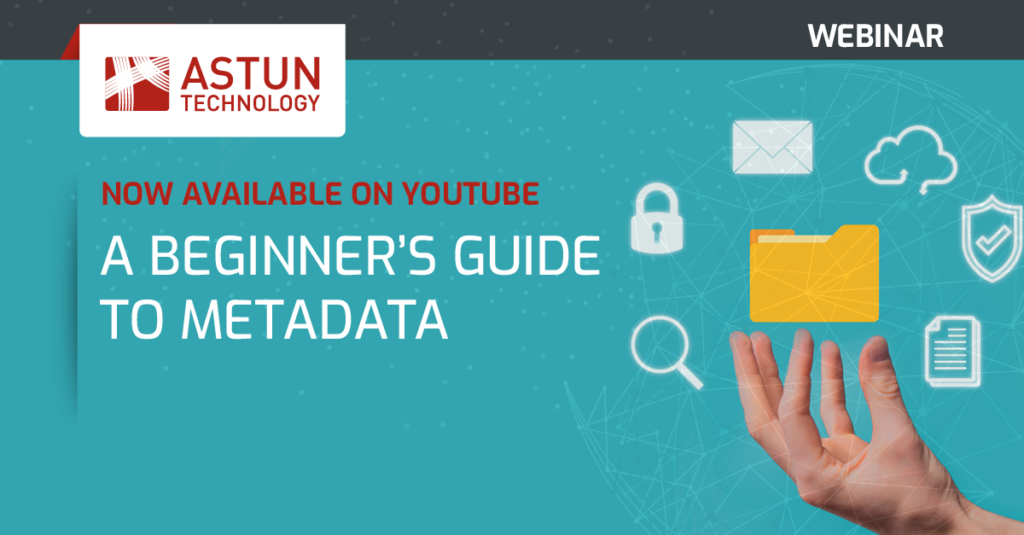
After her well-received blog about joining Astun, Elena, Metadata Consultant, has provided an update for us: “The past few months have been a steep learning curve, but a very rewarding one. I have learned so much, from the ins and outs of GeoNetwork to training my own custom machine-learning model to recognise UK locations based on the OS Open Names open data!
Everything was nicely topped off by the successful metadata webinar that my lead, Jo Cook, presented on the 14th of December (watch a re-run of this webinar on YouTube) and a delightful networking event put together by AGI’s Early Careers Network committee on the 15th of December. I am looking forward to picking up more exciting projects in the coming months, including upgrading some of the metadata catalogues to GeoNetwork’s latest version.”
Jo says: “It has been great to have Elena on board over the last few months. As well as her infectious enthusiasm and willingness to learn new things, Elena also brings new skills and perspectives from her previous work managing metadata for TV and Film. 2023 will see us enhancing our Data Discovery product with powerful new functionality from GeoNetwork 4.2, and a continuation of our quest to make the process of creating high-quality, findable, interoperable, accessible and reusable (Q-FAIR) metadata and data as easy as possible.”
The Beginner’s Guide to Metadata webinar
With the help of ChatGPT, a prototype artificial intelligence chatbot, and Dall-E, the AI system that creates realistic images, Jo gave us a quick overview of metadata, including:
- Benefits and challenges
- Common formats, e.g XML
- What a standard metadata file actually looks like and why
- Schemas, standards and profiles
- ISO standards and UK Gemini
- What to do about INSPIRE (it’s still a legal requirement!)
- Linked data
- How to tackle metadata for non-geospatial datasets
- How to bend metadata to your use cases
- What Q-FAIR is and how it applies to metadata
- How to tackle a metadata improvement project
Tackling a metadata improvement project
Jo also shared advice about how to tackle a metadata improvement project, including how to identify issues, such as communication within departments, and secure organisational buy-in. Her recommendation is to keep it simple by deciding what metadata is important to you, such as:
- What’s the data?
- Where is it?
- When was it last updated?
- Who do I ask for help?
Once you’ve done that, and created a structure to stick to, you can start compiling metadata for a few key datasets. As Jo says, “Metadata in a spreadsheet is better than no metadata at all. As long as you stick to that structure, you can always import it into a metadata catalogue, like GeoNetwork, later.”
Jo also introduced the Data Maturity Model which gives a baseline understanding of data and metadata management processes. We’ll be sharing a Data Maturity Model questionnaire with attendees in the forthcoming weeks.
Jo rounded off the webinar with more information about a more sophisticated metadata management process and a Q&A session.
Did you miss it?
Don’t worry if you missed the webinar. You can now watch it online.
If you’re interested in data management and sharing, including Q-FAIR, our guide to Data Discoverability is worth a read. You can download a step-by-step guide from our website.
If you need some advice about metadata, please don’t hesitate to get in touch. We can help you establish what needs to be done and how best to do it!
